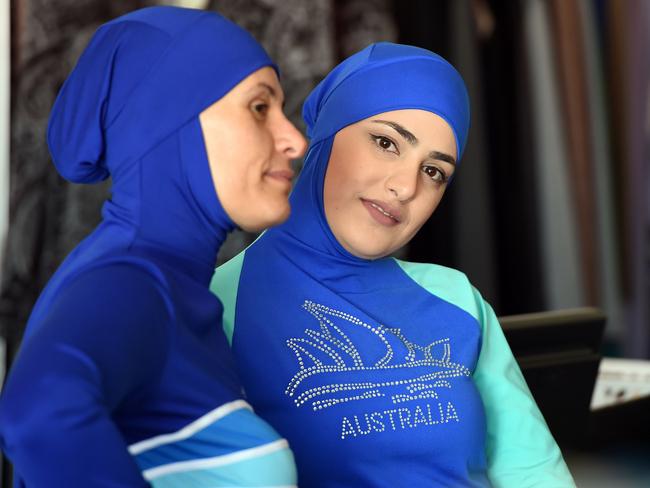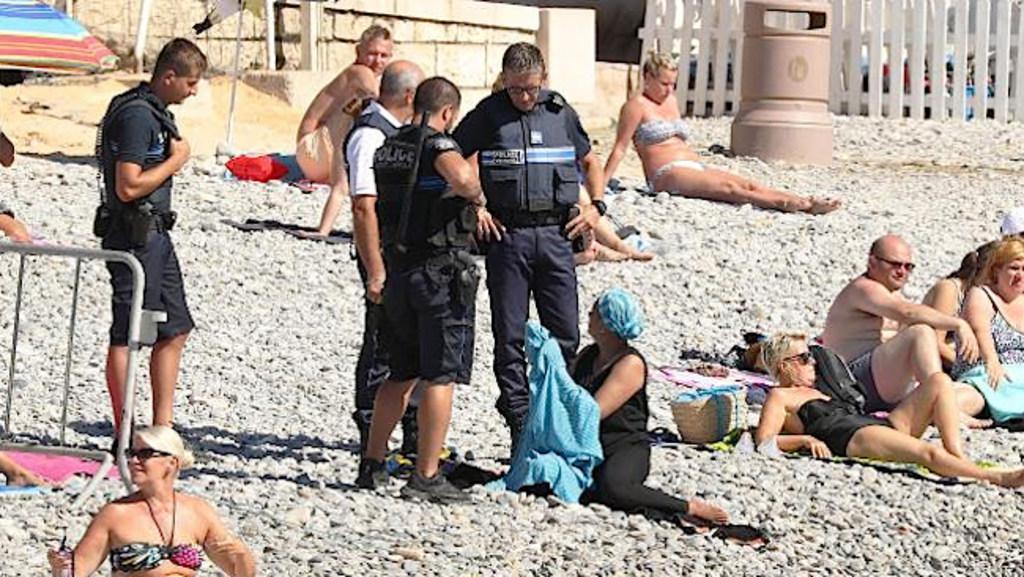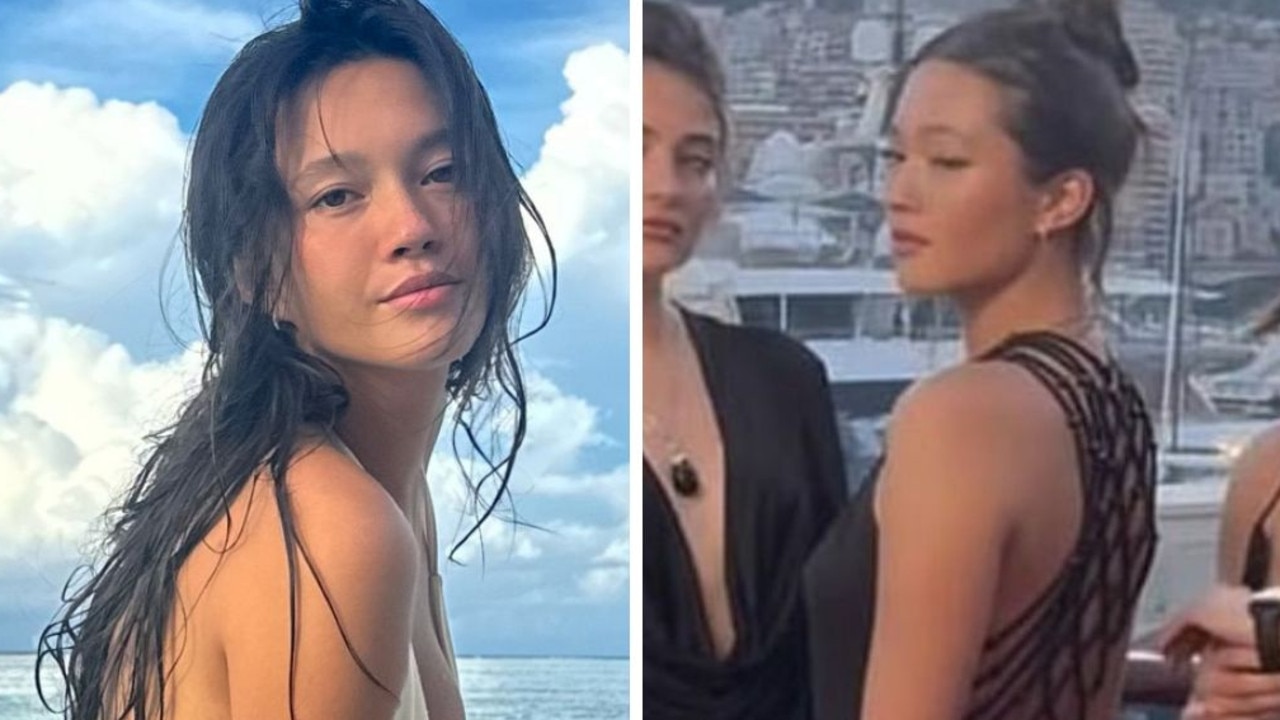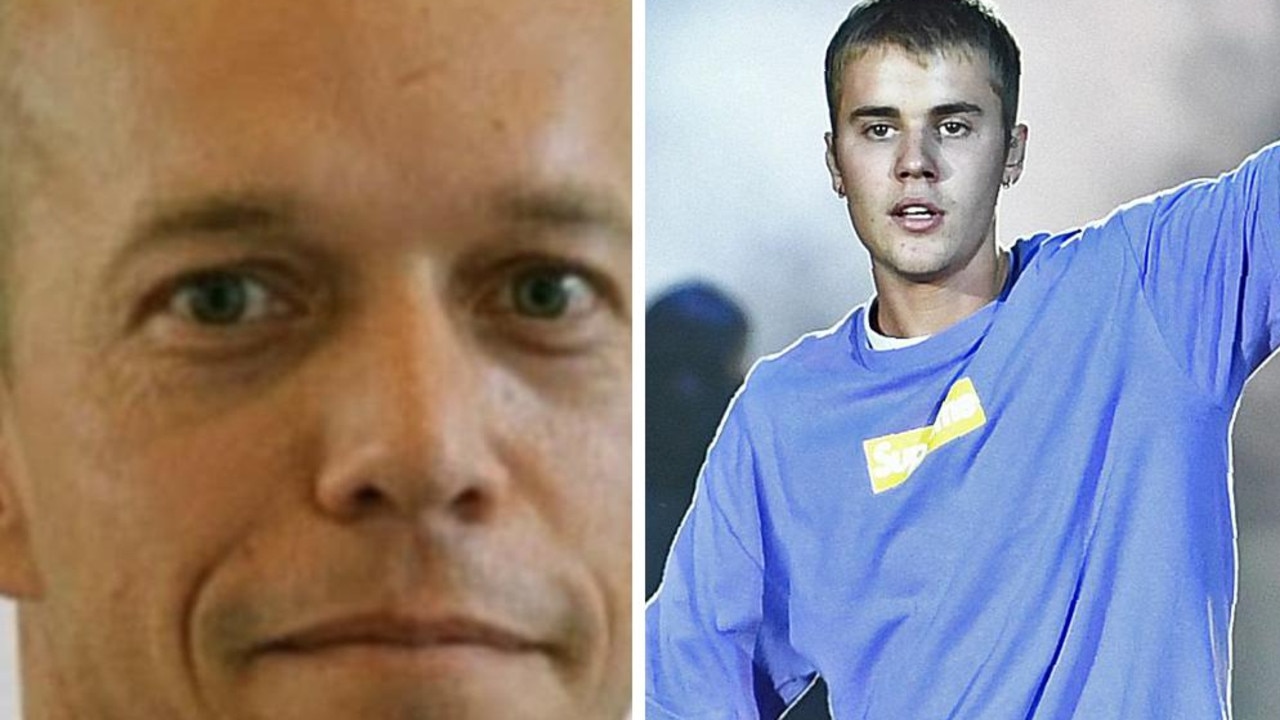The Australian inventor of the burkini says recent bans on the swimsuit in France are ‘unfair’
AUSTRALIA’S inventor of the controversial burkini has criticised the ban on the swimsuit in France, saying the garment represents freedom.
AUSTRALIA’S inventor of the controversial burkini has criticised the ban on the swimsuit in France, saying the garment represents freedom.
In an interview with ABC 730, Aheda Zanetti, from Sydney’s west said the burkini is not a “religious garment”, contrary to some beliefs.
Debate over the burkini has once again made global headlines after a number of towns and villages, mostly along the Cote d’Azur, decided to institute a ban on their beaches of garments which “conspicuously” display religious affiliation.

Such decrees insist on the wearing of “proper attire, which is respectful of good morality and the principle of secularism” — wording which effectively refers to the ‘burkini’ a full body swimsuit covering the hair down to the ankles which is worn by very few women.
Recently, a woman was asked to remove her burkini at a beach in Nice by armed police, and another woman was fined for wearing a headscarf and leggings on a beach in Cannes.
Ms Zanetti said the ban on the swimsuit was “unfair”.
“And now it’s — you know, it’s made a political issue which is unfair. I mean, these women are getting punished for something they’re not involved in,” she said.

When asked about former French President, Nicolas Sarkozy’s comments where he called the burkini a provocation, she said: “Hasn’t he got anything better to talk about? Doesn’t he need to fix his country and not split it apart? This is a swim suit that represents freedom and sun and surf and happiness and swimming and leisure, family, happiness.”
Ms Zanetti has shipped 700,000 burkinis worldwide, and not just to the Middle East. Their biggest clients are in the UK, Canada and US.

In Australia, her burkinis first made headlines after the Cronulla riots in 2005. It was also worn by celebrity culinary queen Nigella Lawson, who was once photographed wearing one on Bondi Beach.
She told ABC 730 they could be used anywhere by anyone.
“It could be used for sun protection, it could be used for any other faith,” she said.
“It could be used for women that just don’t want to wear a bikini anymore.”
Ms Zanetti said she believed Australia would never follow in the footsteps of France and introduce a burkini ban.
“Never, it will never happen. Australia would not ever allow this,” she said.

“I know Australia. I have been here all my life. I know that they would not — when the Cronulla riots happened, they put us together. They did not split us further. When I wear this, I’m happy and free!”
The move to ban the burkini comes after months of deadly jihadists attacks across France, including a grisly hit-and-run attack in Nice last month which killed 86 people, was initiated by a handful of local mayors on grounds it would prevent public order offences.
While France’s administrative court initially gave its stamp of approval to the burkini bans, the Council of State, the nation’s highest administrative court, will examine a challenge to the ban on grounds it stigmatises Muslims.
Rights groups argue the bans are discriminatory and have appealed to the Council of State, which holds a hearing Thursday. A decision on whether to overturn the bans is expected within 48 hours.



